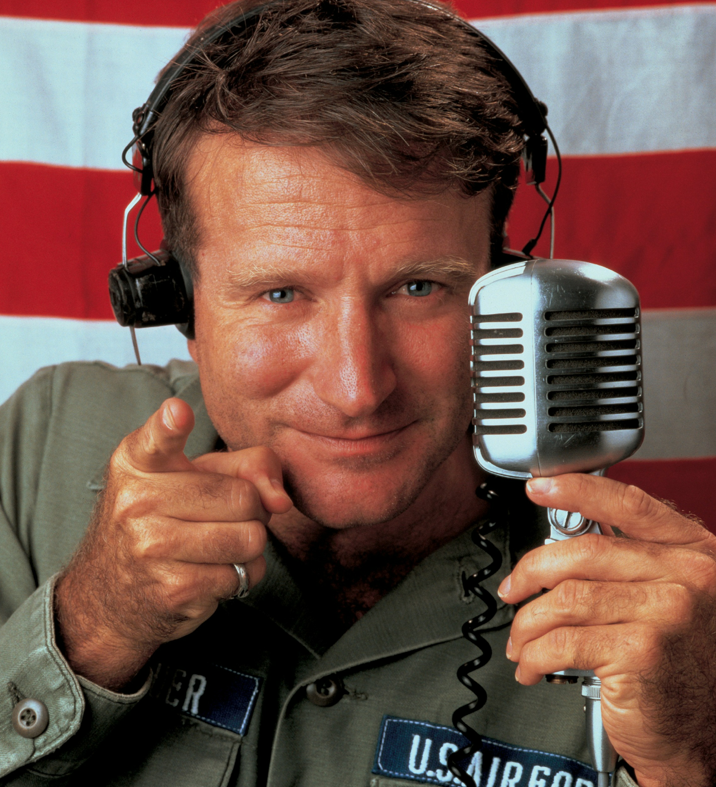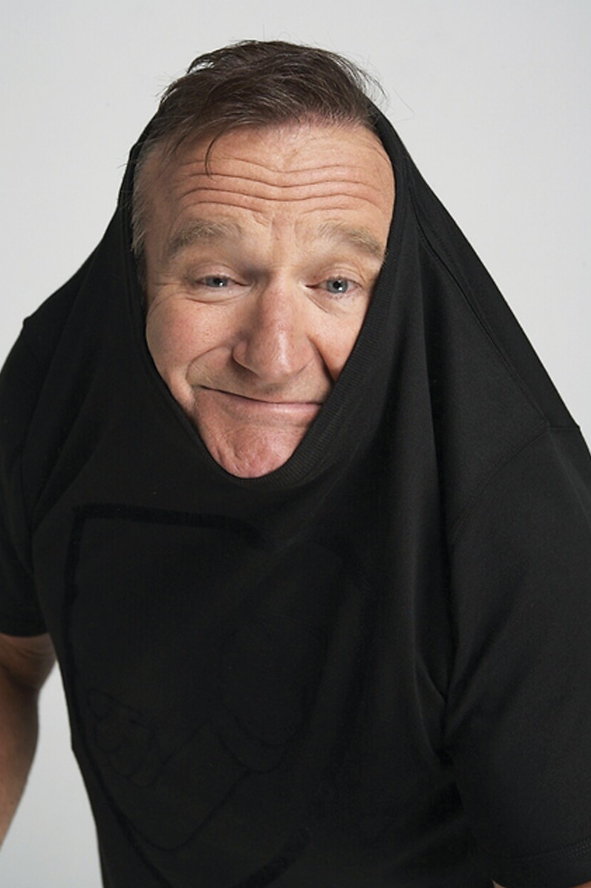I remember vividly when Princess Diana passed when I was a kid. She looked like a nice enough lady, and news of anyone’s death is always tragic, but beyond that I felt nothing. My mother, on the other hand, reacted as if she’d lost a sister. She became a news junkie and sat in front of the TV every moment she wasn’t at work. I watched her weep and even go so far as to dress in all black and watch the funeral live on TV.
At first I thought, “My mother done lost her mind.” So I finally asked her, “Why are you crying, Mom? You didn’t know her personally.”
To which my mother replied, “But I felt like I did.”
Flash forward to a decade or so later, and I was a fresh graduate right out of college. The Great Recession was percolating, and I had discovered, due to the lack of available work, that going into film might not have been the best career path. I applied for an assistant cameraman position at the Golden Globes and lied through my teeth to get it.
At the show that evening, I was put in charge of filming celebrities as they rolled up in their luxury Range Rovers and limousines at the Beverly Hilton Hotel. It was B-roll at best, and I had no problem with that, except I couldn’t figure out how to work the freaking camera. In my defense, I can work most cameras on the market, but this was some type of dinosaur, and I wouldn’t have been surprised if I had had to feed it VHS tapes. Anyway, I figured it wasn’t wise to fight with my camera in public, so like a bickering couple, we went to a private area, some corner room directly off the main lobby.
I set the bulky camera down (it probably weighted fifteen pounds—again, a dinosaur) and hopped on my phone praying there was a YouTube video on how to work this behemoth. All of a sudden, the door opened and I froze in fear that it was my producer. I’d tell him the battery died and that it wasn’t my fault. But it wasn’t him—it was Robin Williams.
“Oh … hey, Robin,” I said.
He was alone and he squinted his eyes. I could tell his mind was hard at work trying to recall who I was. “I apologize,” he said. “But do I know you?”
It was then that I realized I had spoken involuntarily. He’d taken me off guard, and I had simply blurted out his name. “No … no, you don’t,” I said.
Robin then stepped forward and shook my hand. “Well, nice to meet you. I’d introduce myself, but you apparently already know my name.”
I laugh. He smiled.
Then we both heard, “There you are.”
I glanced over my shoulder and saw a woman scurrying toward us. She was a fast-talking publicist who sent text messages without having to look down at her phone. She hooked her arm around Robin’s elbow and all but dragged him away, glaring at me as if I’d done something wrong.
I don’t think I ever got that camera to work, and that is probably why I never got paid for the job. But meeting you, Robin, even for that brief moment, made it all worth it.
I know it’s easy to say in hindsight, but when we met that day, I saw a sadness in Robin’s eyes. I wrote it off as him simply not feeling well or it being just another boring award show—where the food was lackluster, the jokes were subpar, and pretty people stood around having their pictures taken and kissing each other’s asses.
So when I heard what happened, I was utterly stunned and thrown into a daze. It was like being back in high school football when I had just run across the middle of the field for a pass only to be cracked by a free safety. After my mind cleared, I knew what my mother had felt like all those years ago when Princes Diana passed. I didn’t know you personally, Robin, but I felt like I did. Perhaps it was growing up watching all your movies. I remember wishing as a child that we were related. Or perhaps it’s because I’ve been to that darkness too, Robin. That place that you don’t talk about yet is always there, in every corner of every room and every shadow, just waiting to swallow us whole.
Depression is a disease. Period. And our society needs to treat it with the same respect as we do cancer, AIDS, or any other pernicious affliction. Depression is not a simple case of the “blues.” It is not something you can easily change. It is not a choice. And if you have never experienced the crippling effects of it, then good for you; I hope you never get lost in the jagged, cold labyrinth of infinite darkness that is depression. But just so you know, telling someone who’s dealing with severe depression to “stop being depressed” or “stop being so negative” or “stop being so ungrateful” doesn’t help!
Instead, be there for that person in any way he or she will let you. This could be through a text, a Facebook message, a phone call, an invitation to a family or friend gathering, coffee, lunch, dinner, or assisting in the search for professional help. Whatever. But people in this mind-set shouldn’t be alone. And please don’t buy into the stigma that a person being depressed means he or she is on the verge of some bloody rampage. It’s this kind of moronic, generalized perception that keeps sick people quiet. And don’t preach either. Listen. If someone you knew had pneumonia and was bedridden, would you lecture that person about how he or she should just get better? No. Then why should depression be any different?
“Rest in peace.” I’ve always though that was an odd thing to say to the deceased. But knowing the war that ragged within your head, Robin, I feel it’s more than appropriate now. I hope you found peace, my dear friend. I’m sorry. I’m so very sorry. I wish I could have somehow talked to you before you did what you did. But please know I don’t think you’re a selfish coward. The cowards are the ones who pick on people after they’re gone.
Thank you, Robin, for all the smiles and laughs and for being a stand-up individual. If I have children someday, you can rest assured they will grow up watching your movies, and your memory, energy, spirit (whatever people want to call it), will be present in our laughter, and I personally can’t think of a better way to be remembered.
See you when I see you, my friend.
#RIPRobinWilliams




